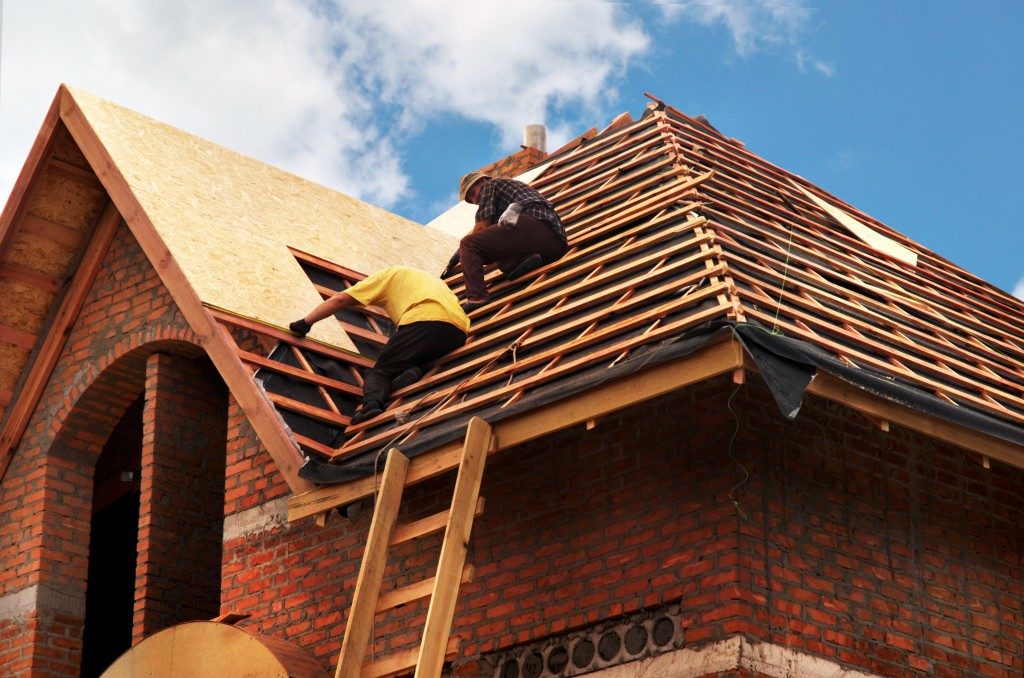Australian weather can deal substantial damage to your home. From rain showers to snow to extreme sun, your roof is subjected yearly to the elements. In Brisbane, it doesn’t snow, but the heat can reach up to 45 degrees in the summer.
It can be a problem to make your home comfortable and to keep your roof intact for a long time when the weather makes that problematic. Here is how you can address such problems:
Apply Plenty of Insulation
Whatever roofing system type is above your head, insulation can improve the comfort levels of your home. When it’s time to fix or replace your roofing system, have your contractor install insulated roof panels in Brisbane or elsewhere in Australia. The insulation will reduce heat transference from your roof to your attic.
A roof with poor or no insulation offers virtually no protection for the attic against heat buildup. If enough heat accumulates in your attic, your home will feel hot, and your roof is baked from the underside. Shingles cup and curl easily when there is too much heat underneath, shortening their service life. Other materials can also lose elasticity and longevity even if you have a metal roof.
When your home feels hotter than it should be, you’ll have to use more air conditioning. Lowering the levels of your air conditioning to achieve a comfortable temperature will lead to higher power consumption. That means you’re paying more for energy.
Use a Roof Colour with High Solar Reflectance Properties
You can’t use just any roof. A metal roof with high solar reflectance can reduce the amount of heat that enters your home. Choose a color that reflects the sun’s heat, such as white, cream, or something with the desired solar reflectance values.
Make Sure that Your Roof Is Ventilated
 Insufficient ventilation is another culprit behind heat buildup in your attic. Without proper ventilation, even if your roof has insulation, heat can build up over time and have a harder time dissipating even when the weather is less hot. Too much ventilation, however, can lead to water penetration and damage. Have a contractor check your roof vents to determine if adjustments are in order.
Insufficient ventilation is another culprit behind heat buildup in your attic. Without proper ventilation, even if your roof has insulation, heat can build up over time and have a harder time dissipating even when the weather is less hot. Too much ventilation, however, can lead to water penetration and damage. Have a contractor check your roof vents to determine if adjustments are in order.
Use Dehumidifiers
Some HVAC systems can reduce indoor humidity. If you don’t have an HVAC with that capability, however, or if you don’t use air conditioning in some rooms often, it’s a good idea to invest in a dehumidifier. Choose an ENERGY STAR unit with an LCD of the room’s humidity so you can set the right levels for health and comfort. High humidity levels can cause respiratory problems and discomfort, so a dehumidifier is essential equipment at home.
Your roofing system plays a vital role in protecting your home from the punishing summer heat and reducing your dependence on air conditioning. Talk to your contractor about the best roofing system for your home. Consider adding a dehumidifier for more indoor comfort, as well as improved weather stripping around your doors and windows to prevent your air-conditioned air from leaking out and the hot air outside from leaking into your home.




